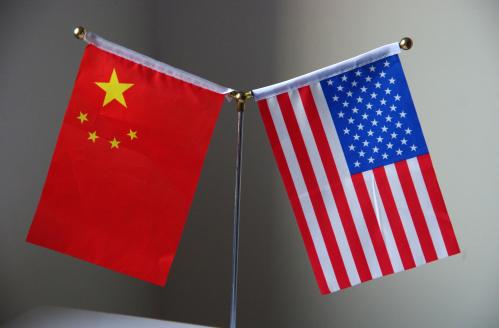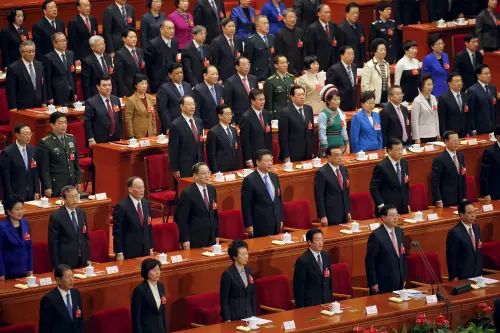The Iranian people have spoken, and their voice has been heard. More than 70% of eligible voters turned out to elect the most moderate of the eight presidential candidates approved by the Guardian Council, the body that, among other things, vets candidates for public office. Hassan Rowhani’s unexpected first-round victory could open doors, both for diplomacy and for Iran’s sanctions-ravaged economy.
This opening is important, but the potential for change that comes with Rowhani’s victory is no means limitless or certain. After all, Iran’s president does not stand alone at the head of his country. Still, the election’s outcome is a strong and hopeful signal, and Iran’s international negotiating partners must pay proper attention and react in kind.
The mood in Tehran this weekend could not have been more different from the last election in 2009. In Iran, as elsewhere, the street is the country’s best social barometer, and Iran’s 75 million inhabitants – frustrated with sky-high inflation and economic hardship – saw reason to celebrate. After hand-picking the eight candidates from among almost 700 who sought to run (notably discarding reformist former President Akbar Hashemi Rafsanjani and President Mahmoud Ahmadinejad’s protégé Esfandiar Mashaei), Supreme Leader Ayatollah Ali Hosseini Khamenei carefully allowed his country to speak.
The Brookings Institution is committed to quality, independence, and impact.
We are supported by a diverse array of funders. In line with our values and policies, each Brookings publication represents the sole views of its author(s).



Commentary
Op-edThe Iranian Message
June 20, 2013